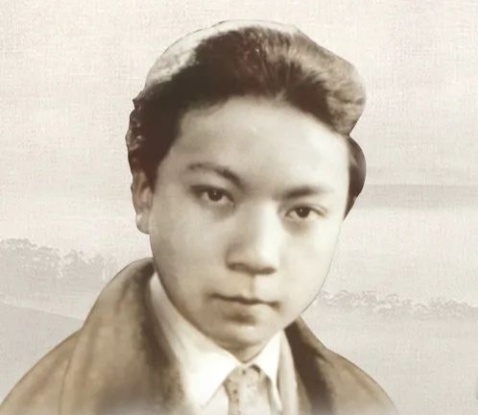This Chinese character 虚 has multiple meanings. It could mean empty and unoccupied, for instance, 座无虚席, which literally means a banquet with no empty seats and is usually used to mean full house. It could also mean humble and modest, for instance, 虚怀若谷, which means modest and open-minded. It could also mean weak in health, for instance, 虚弱, which expresses this meaning.
It could also mean diffident and timid, for instance, 心虚, which means lacking in self-confidence and diffident. Of course, 心虚 could also mean with a guilty conscience. It could also mean false, for example, 虚假, which means false and sham. It could also mean in vain, for instance, 虚度, which means pass time in vain and idle away.
As you see, this Chinese character has positive and negative meanings. So, it depends on how you see and interpret this Chinese character. There are people whose given name is 虚, for instance, Zhang Tianxu, or 张天虚 (1911–1941) in Chinese, a writer from mainland China and Ling Xu, or 凌虚 (1919–2016) in Chinese, a painter from mainland China. But this Chinese character 虚 is not often used as the given name of many people.
Here is a picture of Zhang Tianxu.

Here is a picture of Ling Xu.

So, I suggest you use another Chinese character 栩. It shares the same alphabet letter with 虚, but with a different tone, which is xǔ. 栩 could mean jolcham oak. When written in the double form, 栩栩 means vivid. And it could be used as a unisex name, for instance, Bai Xuxu, or 柏栩栩 in Chinese, an anchorman from mainland China and Cao Xu, or 曹栩 in Chinese, an actress from mainland China.
Here is a picture of Bai Xuxu.

Here is a picture of Cao Xu.
